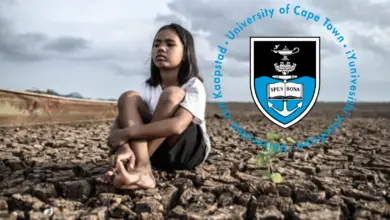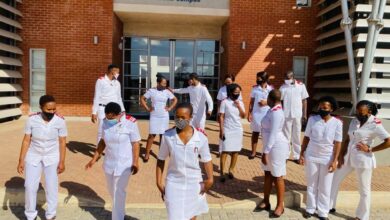CHEVENING – A JOURNEY WORTH TAKING

By Shiza Malik CONTRIBUTOR (Opinions expressed by YOH contributors are their own.)
For any ambitious professional, a Masters degree, particularly from the United Kingdom, can offer a much-coveted career boost. The universities in the UK are amongst the best in the world and post-graduate education allows one to explore their area of interest with a far greater focus than is possible during undergrad. But the costs involved in acquiring such a degree, both in terms of finances and time away from work, can be debilitating. These are just some of the reasons which make the all-inclusive and highly-prestigious Chevening Award such a unique and worthwhile experience for professionals from across the globe.
The application process, which is entirely online, is simple, transparent and free of cost. The lack of a requirement for any standardised test, except the IELTS, makes it easy for busy professionals to apply for the Award. Even the IELTS can be taken late in the process and if selected, scholars are reimbursed for the cost of taking the test. Referees may also be requested to submit their letters once an applicant has been shortlisted for the award.
My own journey to receiving the Chevening scholarship was an interesting one. I had graduated with a Bachelors in Politics and Global Development Studies. Upon graduation, I worked in democracy, federalism and constitutional law before settling into journalism. And while I was pleasantly surprised to receive an offer for Chevening, for a few days I considered not going at all. I had just completed a very rewarding year as a subeditor at a local newspaper and was only just beginning to establish myself in journalist. I couldn’t see a Masters degree adding much value at this point in my career. But it wasn’t long after I landed in London that I understood how the Chevening experience goes beyond a degree.
In London, I attended the School of African and Oriental Studies (SOAS), an institution with a strong reputation for critical inquiry and an unfettered debate, specialising in the study of Africa and Asia. The multicultural SOAS campus, with an array of languages filling its halls and the library with one of the world’s largest collections on subjects related to Asia and Africa, quickly became home. And being at SOAS, while the UK debated Brexit, was an eye-opening and educational introduction to Western democracy and its limits. But a whole another aspect to my education in the UK was beyond the university and among my fellow Chevening scholars.
It was during my Chevening programme that I met Kashmiris and Syrians for the first time and lay the foundations of friendships I would value for years to come. My friend Aman, a Chevening Scholar from Syria, would become one of my closest friends and as the conflict in her home country worsened, we would spend many nights talking about politics, war, terrorism and Islam, shedding tears for home and family. This was just one of the many relationships that defined my Chevening journey and became the most valuable lessons learnt over the year. As Chevening Scholars, we were invited to several events by the Pakistani High Commission as well as a reception in the historical FCO building in London for Pakistani scholars. These events provided a unique opportunity to engage with the vibrant Pakistani diaspora in London and as a journalist opened a world of stories for me.
I can still recall the Chevening Orientation event in London. The large expo-centre outside London pulsated with energy as close to 2,000 scholars from across the globe gathered for the first time for the orientation event. As we attended sessions, meeting one another and debating some of the most pressing issues of the day, I realised that we were activists, lawyers, journalists, researchers and bureaucrats, brought together not by what we saw in ourselves but what the Chevening Scholarship committee saw in us. We were critical, open-minded, excited and connected. We were Asians, Africans, Europeans and Americans, chosen from among hundreds of thousands because we represented the future of our nations-not the future that is destined but the one we, ourselves, would define.
The writer is a Chevening scholar and a development sector professional. (The article was originally published on October 25, 2018. For the benefit of those who are seeking for the Chevening scholarship, the article has been republished in 2020)




